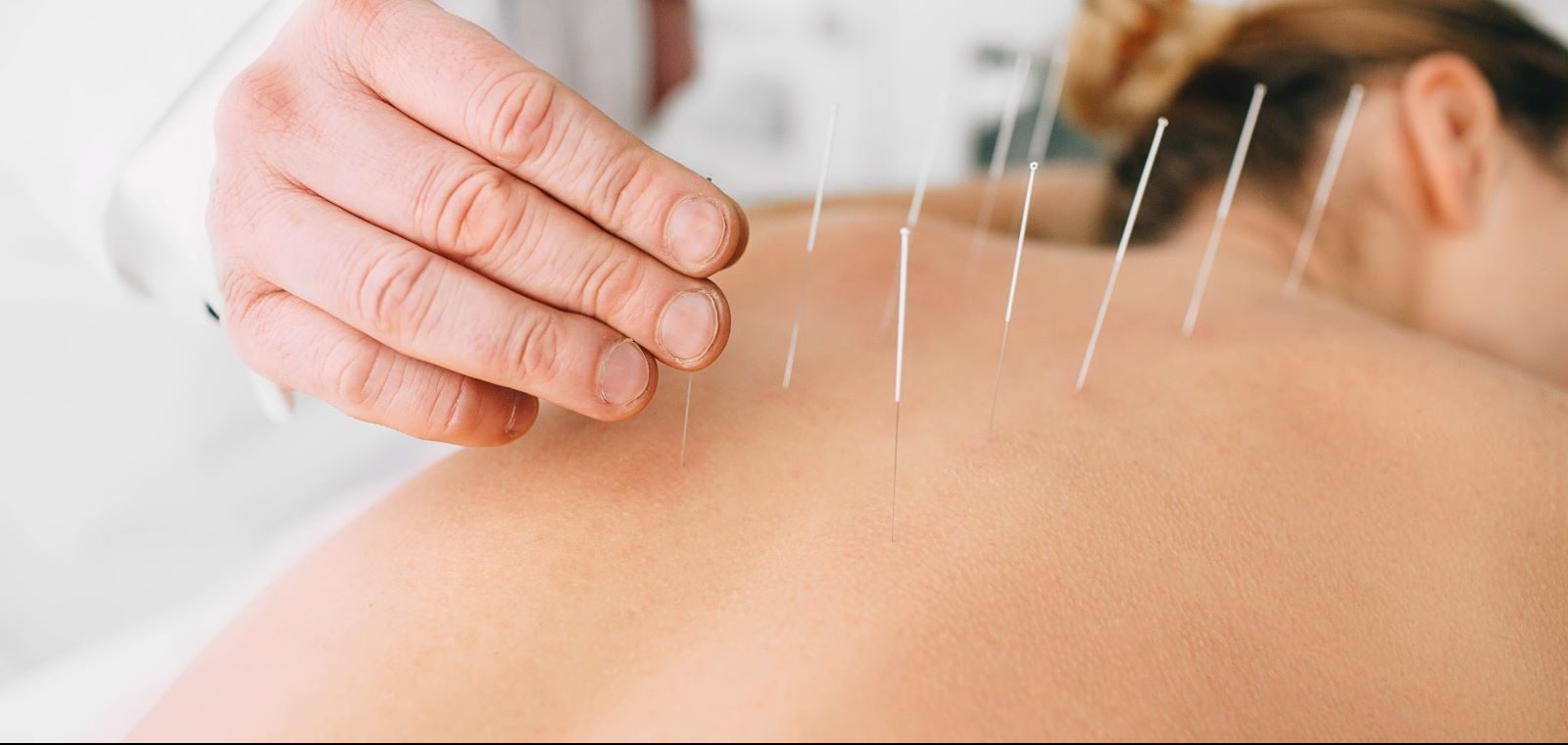When you think “healthcare,” you probably think stethoscopes, syringes and blood pressure cuffs.
It might be time to add acupuncture needles to the list.
For more and more patients in the U.S., acupuncture has become an integral part of their regular medical care, often used alongside prescription drugs, surgical intervention and other mainstays of Western medicine.
“Acupuncture offers relief from so many acute and chronic conditions,” says acupuncturist Gregory Fessenden, MBA, MS, LAc, who’s part of Hartford HealthCare’s Integrative Medicine team in Mystic. “In my 15 years of practicing, I’ve seen it completely change patients’ quality of life.”
Over the past few decades, a growing body of research has supported acupuncture’s role in treating conditions from migraines to high blood pressure. “Western science is now backing up thousands of years of practice,” says Fessenden. “Acupuncture is not ‘mind over matter.’ It’s not placebo medicine. You can be a total skeptic, and it will still work.”
That includes a range of uses that you might find surprising, including:
- Migraines.
- High blood pressure.
- Heartburn.
- Arthritis.
- Fibromyalgia.
- Rheumatoid arthritis.
- Irritable bowel syndrome (IBS).
- Restless leg syndrome (RLS).
- Vertigo.
- Insomnia and poor sleep.
- Anxiety, depression and stress disorders like PTSD.
Managing symptoms like:
- Hot flashes, including from menopause and as a result of cancer therapies.
- Long-hauler COVID symptoms like fatigue, brain fog and poor sleep.
- Side effects from cancer treatment, including fatigue, body aches and nausea.
But that’s just the beginning, says Fessenden. “Acupuncture can be an important component to a person’s health journey whether they’re in an acute phase or a chronic phase, or just looking to prevent illness. You don’t even have to be sick to get it,” he says.
He’s used acupuncture to help individuals deal with pandemic-related stress, and to help veterans cope with post-traumatic stress disorder (PTSD). Over four years in a hospital cancer center, he regularly used it to reduce and even eliminate the side effects of chemotherapy for patients undergoing cancer treatments. He’s seen acupuncture help patients suffering from arthritis, who’d all but given up on finding a way to manage their pain. He’s also seen it help patients suffering from complex, vague complaints with no clear diagnosis.
And you don’t have to choose it over other care, Fessenden adds. Often, acupuncture has the greatest results when it’s combined with other interventions.
“For example, if you just had hip surgery, and you can get to the acupuncturist, you’re probably going to decrease your inflammation, decrease your pain, recover faster and get into your physical therapy faster,” says Fessenden. For all of these reasons, acupuncture has become another valuable tool in the toolbox for care teams.
“It’s really a winning combination for patients,” says Fessenden.


